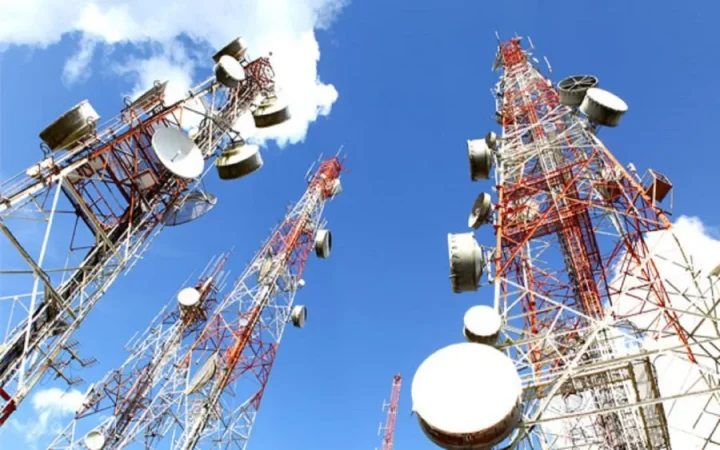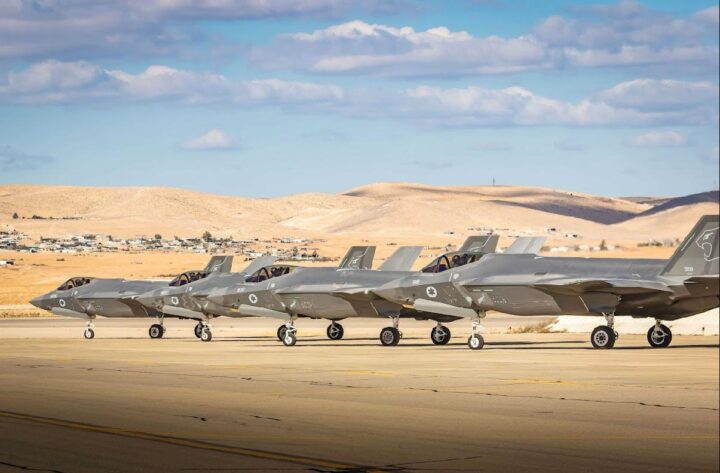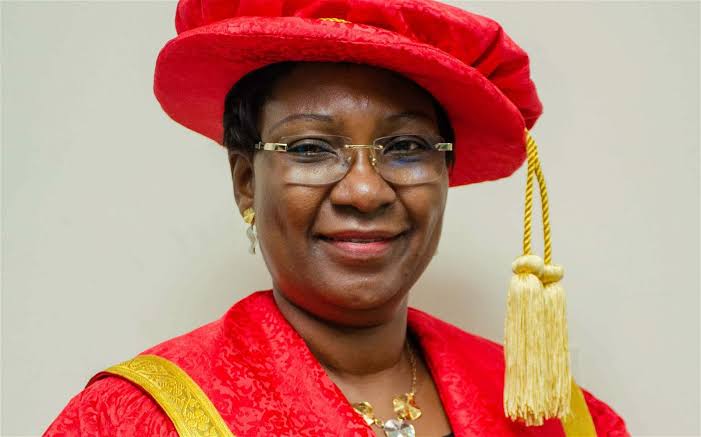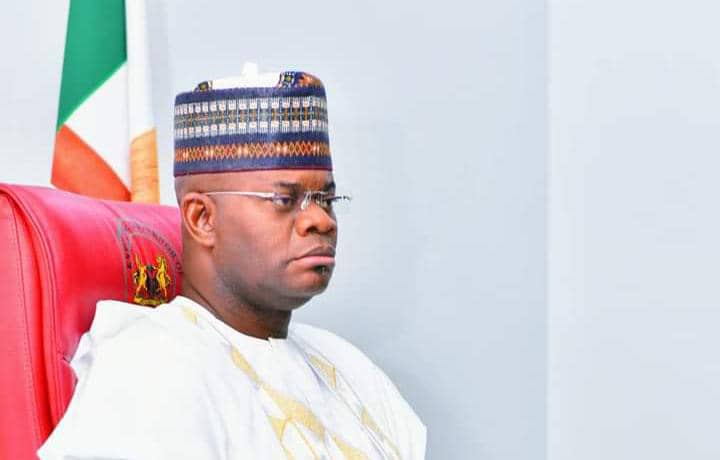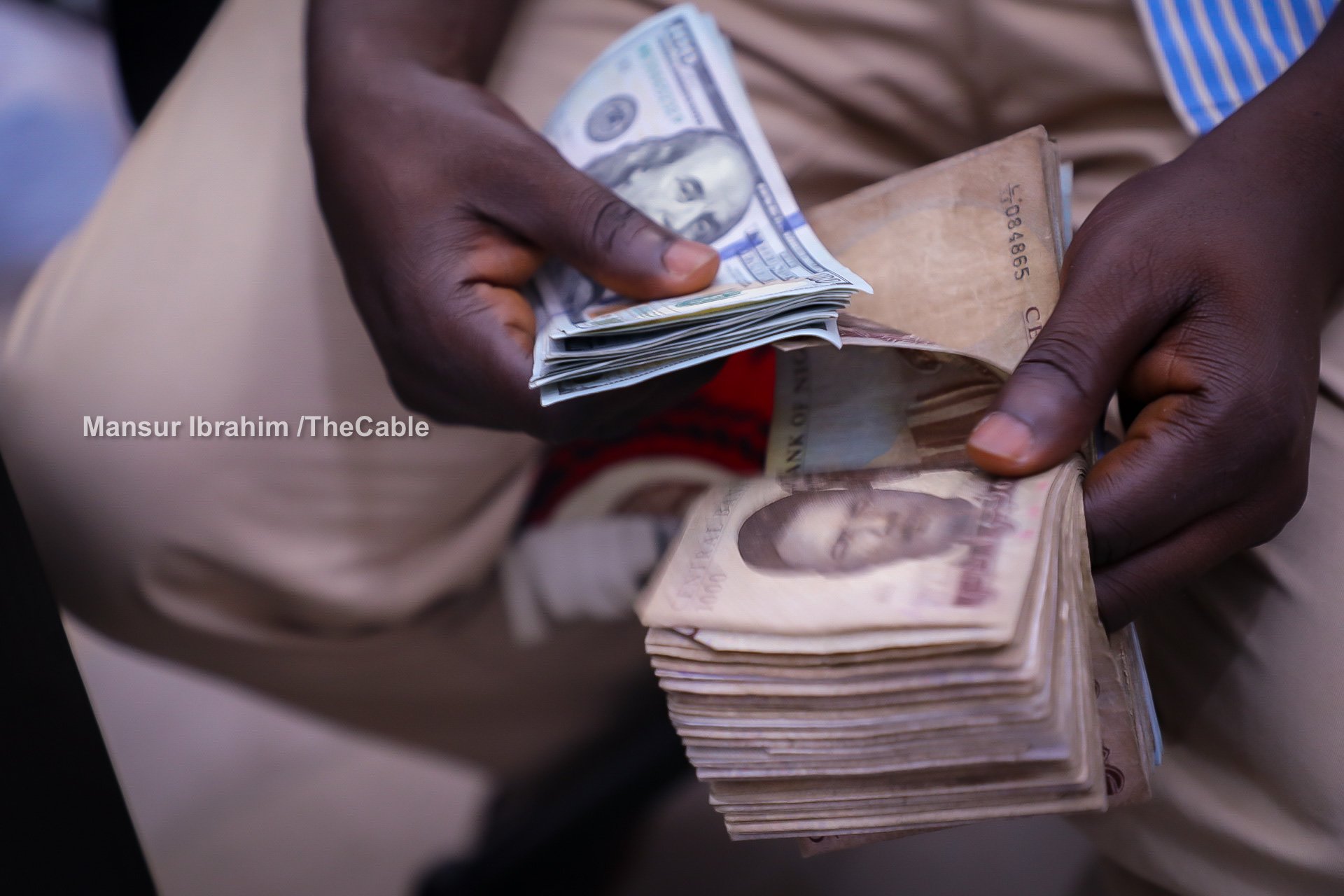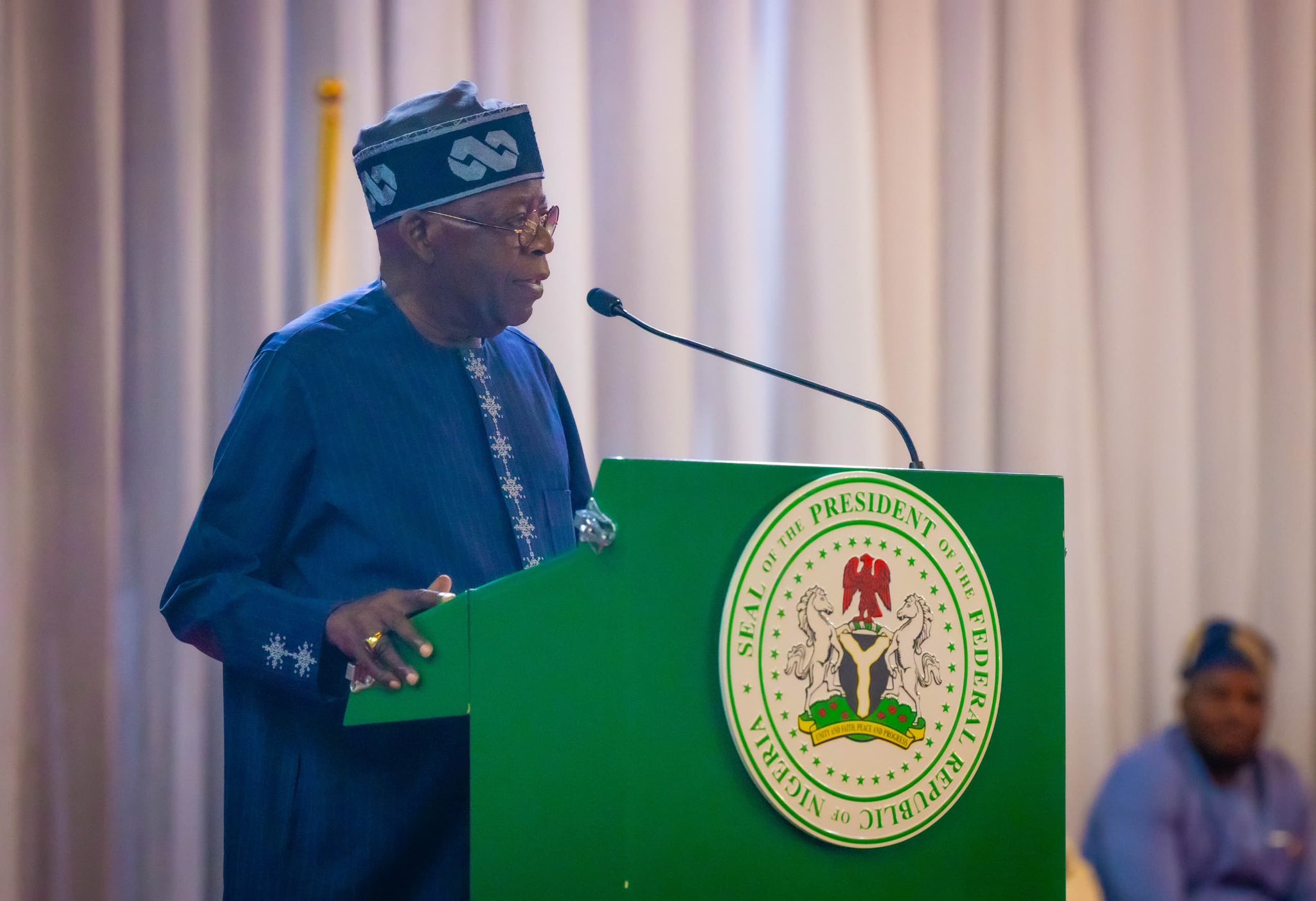It is neither profound nor insightful to state that Nigeria is living through a near-unprecedented cost-of-living crisis. Core inflation touched 33.2% in March with food inflation now an eye-watering 40% – the highest in post-1999 democratic Nigerian history. It may sound a bit apocalyptic but we are heading towards our all-time high of 47.6% recorded in January 1996. We have already burst past March 1996’s reading of 31.7%. In a note on future inflationary trends in Nigeria, Aaron O’Neill at Statista made two salient points: our inflation has been higher than the African average for more than a decade now and a significant decrease is unlikely for quite some time. The International Monetary Fund’s expectation that annual inflation this year will average out at 22.96% is increasingly looking a tad too optimistic.
The bigger challenge though, in his view, is our inflation’s unsteadiness. Food inflation is now at levels not seen since August 2005. Plantain prices have increased by 129%, rice by 98%, onion prices by 97%, bread by 71% and beans by 64% – between January 2023 and January 2024 alone according to the National Bureau of Statistics. An inflation rate that is all over the place is usually a sign of an economy that is huffing and puffing, causing prices to fluctuate, and unemployment and poverty to increase. Nigeria’s economy – a mixed economy where state participation in economic life is higher than most free-market economies – is not entirely in bad shape. More than half of its Gross Domestic Product (GDP) is generated by the services sector – chiefly telecommunications and finances, typically a feature of advanced economies.
Notwithstanding, the private sector is teetering. The Financial Times reports that Nigerian Breweries (NB), which is part-owned by Heineken, has increased prices three times this year. “So dire is the economic distress in Africa’s most populous nation that the brewer’s chief executive, Hans Essaadi, complained on an investor call that “customers can no longer afford Goldberg, a cheap and well-loved lager,” the London-based publication highlighted this as illustrative of the travails of some of the country’s biggest corporates. Fixed foreign currency-denominated costs, import restrictions, uncertain policy-setting, a weak Naira and insecurity in many operating areas have forced most like NB to raise prices; some like Procter & Gamble to quit manufacturing in-country or others like GSK and Bayer to contract third parties to distribute their products. There is one sector, however, that has seen little action in this direction.
The Imperative of Telecom Tariff Revision
Advertisement
At the nexus of connectivity and commerce, the telecommunications industry in Nigeria plays a dual role: as an economic engine and a societal enabler. The sector’s investment profile in the country stood at $75.6 billion as of 2021, according to the Nigerian Communications Commission (NCC). Nigeria’s 221.7 million active voice subscriptions and 160.2 million data subscriptions now support a substantial 14% of GDP. The country’s rising teledensity is such a critical linchpin for economic growth and infrastructural development that any disruptions exact a heavy price. A 2021 SBM Intelligence survey found that 53% of respondents were “very” negatively impacted by an NCC-mandated shutdown of telecom services in the North–West due to regional security operations. Moreover, the sector stands as a significant employer, empowering millions of Nigerians with opportunities for livelihood and advancement. As such, the industry’s health is not merely a matter of corporate profit margins but a national imperative intertwined with the fabric of its progress.
Central to the sustenance of any industry is a conducive economic environment that allows for sustainable growth and innovation. However, the existing regulatory framework, which shackles tariff adjustments, undermines this fundamental principle. While other sectors have adeptly responded to economic fluctuations by revising prices, the telecom industry remains bound by regulatory constraints, impeding its ability to adapt to changing market dynamics.
A Perfect Storm: Challenges Hinder Growth
Advertisement
While Nigeria’s four Mobile Network Operators (MNOs) relentlessly strive for service excellence through consistent network upgrades, their efforts are stymied by environmental and infrastructural obstacles. Frequent fibre optic cable cuts due to road construction and vandalism; multiple taxation, coupled with the ever-present challenge of acquiring rights-of-wayincluding charges related thereto, act as significant impediments. These issues, further compounded by exploitative rent-seeking practices, have long plagued the industry, defying resolution despite concerted efforts.
These challenges are not lost on key stakeholders like the Nigerian Communications Commission (NCC), the Ministry of Communication, Innovation & Digital Economy, and a well-informed consortium of governmental and media entities. MNOs have proactively engaged through media platforms, highlighting these issues and advocating for urgent government intervention. The industry’s push for Critical Infrastructure Protection for ICT/Telecommunications and the reduction of exorbitant right-of-way (RoW) charges exemplify this proactive approach. Katsina, Nasarawa and Zamfara now lead the country in eliminating RoW charges but much of the country remains an operational nightmare for MNOs.
The Unsustainable Squeeze: Rising Costs, Stagnant Tariffs
Despite the advent of GSM technology 23 years ago, a disquieting public perception persists – that of consistently poor Quality of Service (QoS). While this perception may have elements of truth, it’s crucial to recognise the mitigating factors beyond the control of the operators. Economic hardship has led to an exponential increase in the cost of all consumer goods and services, with a glaring exception: telecommunication services. The reason? Price regulation by the NCC.
Advertisement
This price stagnation stands in stark contrast to the reality faced by MNOs. The industry is heavily reliant on foreign exchange (FX) for crucial equipment and services. Most telecommunication equipment are imported with the absence of local alternatives as there are primarily four to five core manufacturers of telecommunications equipment and none is situated in Nigeria, or even Africa. The depreciation of the Naira has significantly inflated operational costs, further straining already tight profit margins. It is unsustainable to expect ever-increasing network investments in the face of frozen tariffs.
The Current State of Play
Nigeria’s approach to setting tariffs in the telecommunications sector has evolved through a combination of regulatory frameworks, market dynamics, and economic considerations. During the industry’s transformation in the early 2000s with the issuance of licenses to private operators, tariff regulation was crucial in ensuring consumer protection and promoting fair competition. The NCC implemented tariff guidelines to prevent anti-competitive practices and safeguard consumers from excessive charges. Tariff regulation also aimed to balance the interests of consumers with the need for MNOs to generate revenue for network expansion and improvement.
Advertisement
For an industry in its infancy striving to offer Nigerians access to new forms of technology and communications, it was necessary to guide pricing to enhance market adoption. Competition added extra pressure on prices, a wealth of choices ultimately benefiting the consumer. Through it all, the margins were sufficient to incentivise operators to carry out the most extensive investment rollout in Nigerian history.
The market is more mature now and the booming economy of the 2000s is a fading memory. Mobile phone, and broadband penetration are now at over 100 and 40% respectively, while the entire country is practically covered by 3G and 2G. The digital economy with the immense success of content creators, e-commerce, software education, financial inclusion, cross-border freelancing and social connectedness has been built on the back of the telecom industry’s investment priorities. The cost of providing existing services, the competitiveness required to sustain the continued rollout of 4G and eventually 5G technology and wider market dynamics have meant the current tariff structure is less a cushion for customers and more a shackle for operators.
Advertisement
The Path Forward: Rethinking Tariffs
Advertisement
In advocating for tariff revision, it is imperative to contextualisethe industry’s plight within the broader narrative of economic sustainability and national progress. Urgent measures must be taken to safeguard an industry that serves as a catalyst for economic growth and societal empowerment. Tariff revision is not merely a corporate prerogative but a strategic imperative essential for the industry’s survival and a calculated investment in Nigeria’s future. The additional revenue generated will directly translate into network infrastructure upgrades and modernisation. This translates to tangible benefits for all stakeholders.
A conducive regulatory environment is important in fostering the telecom industry’s resilience and vitality. Responsible government policies that prioritise infrastructure protection and investment incentives are indispensable in fortifying the industry’s foundations. Moreover, enhancing the operating environment for telecoms is not only in the national interest but also a catalyst for attracting Foreign Direct Investment (FDI) essential for sustainable growth.
Advertisement
Many may argue that reviewing tariffs at a time of stagnant wages, decreasing investments and rising prices is unreasonable but ensuring the long-term viability of a critical industry requires a collaborative effort. Regulators need to consider a data-driven and transparent tariff review that reflects the economic realities faced by the sector. Aminu Maida, the NCC’s Executive Vice-Chairman rightly told the Nigerian Information Technology Reporters Association (NITRA) in February that customers expect excellent quality of service and operators will be held accountable for poor service delivery. Indeed, customers deserve the best possible service, and operators, going by the billions of dollars in present and future investment commitments, appear dedicated to delivering it. A sustainable and well-regulated telecoms sector is the cornerstone of achieving this shared vision. It starts with rethinking how much operators are allowed to charge their clients.
Effiong is a legal practitioner, Partner and Head of Research at SBM Intelligence and Chairman of the Technology Committee of the Nigerian Bar Association Section on Business Law.
Views expressed by contributors are strictly personal and not of TheCable.
Add a comment

